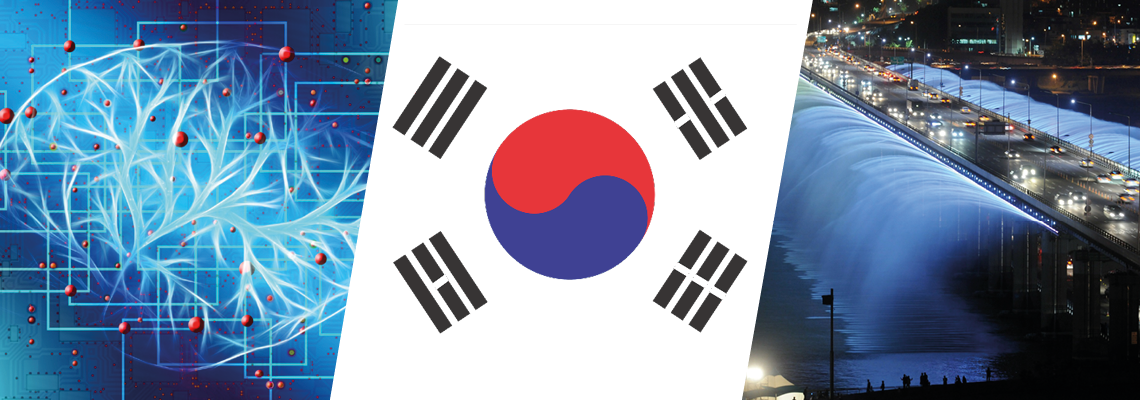South Korea pushes smart water to reach carbon neutrality ambitions
South Korea has set out ambitious plans to reach carbon-neutrality by 2050, with water’s digitalisation a key part of the journey.
Real-time water control, nationwide
Artificial intelligent (AI) driven automation processes are being implemented across wastewater treatment plants as part of a drive in South Korea to realise carbon-neutrality by 2050.
ICT and Big Data will be “applied to water management” to increase efficiency and accuracy, while contributing to “the realisation of carbon neutrality”, the Ministry of Environment said.
To start carbon-neutral smart water management, the nation plans to “monitor and control the entire national water and sewage process in real-time”, to help streamline operation and enhance safety.
The government has set out the ambitious targets to make 43 water purification plants “smart” by 2023, as well as 10 sewer pipelines and 15 treatment plants by 2024. Details on the definition of “smart” were not provided, however.
“Carbon-neutral water management is an obligation that the international community should aim for.”
The announcement followed water discussions at the country’s 2021 Seoul Summit held at the end of May, including water experts from governments, companies, and international organisations.
"As discussed at the 2021 Seoul Summit (P4G), carbon-neutral water management is an obligation that the international community should aim for," said director general Kim Dong-jin of the Water Resource Policy Bureau, Ministry of Environment.
"We will continue to expand related businesses such as the use of renewable energy and establishment of a smart system in order to realise carbon neutrality in water," he added.
R&D test facility
The former Daedeok Water Purification Plant, which has been in operation for 20 years, will be turned into a research and demonstration facility.
Helping to coordinate efforts, an industry, academic and research cooperation will be forged between Daejeon City, Korea Water Resources Corporation (K-water), and universities including Korea Advanced Institute of Science and Technology (KAIST) and Chungnam National University.
“By 2030, the plan is for the wastewater treatment plants to run automatically based on the analysis of key water quality indicators."
Furthermore, in capital city Seoul, the city government is planning to install AI across its four strategic wastewater plants, GWI recently reported.
By 2030 the plan is for the WWTPs to run automatically based on an analysis of key water quality indicators, including biochemical oxygen demand (BOD), dissolved oxygen and nutrient concentration.
Phase one is scheduled to run up to August 2022, with phase two set for 2023-2027, GWI said.
A previous report from the International Water Resources Association listed 10 examples of smart water management, with South Korea featuring in three.
Through a combination of smart water meters and Information and Communication Technology (ICT), the country increased the consumption and trust in public water supply.
Related content
- 3 reasons South Korea is becoming a smart water nation
- 5 start-ups making sewers smarter
- Digital twins drive better utility collaboration, finds panel
Share your water technology stories with us
Do you have an innovation, research results or an other interesting topic you would like to share with the international water technology industry? The Aquatech website and social media channels are a great platform to showcase your stories!
Please contact our Sr Brand Marketing Manager Annelie Koomen.
Are you an Aquatech exhibitor?
Make sure you add your latest press releases to your Company Profile in the Exhibitor Portal for free exposure.
We promise never to send you spam and you can unsubscribe at any time!
